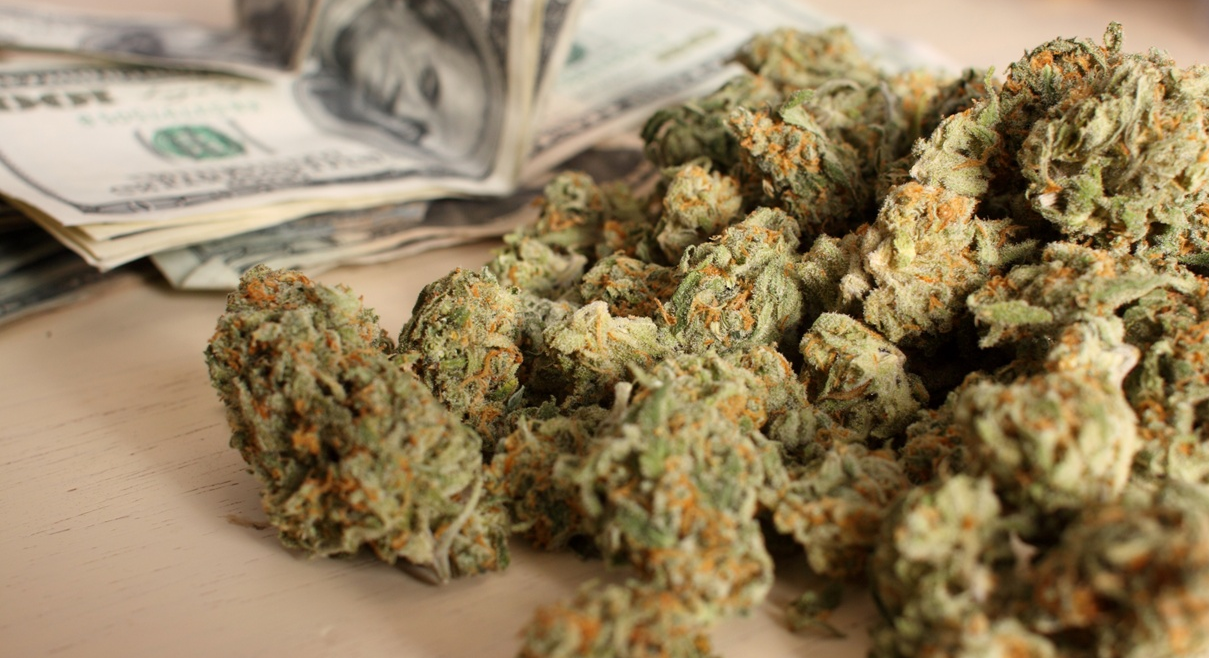In July, Nevada’s licensed marijuana retail outlets and dispensaries sold nearly $60 million worth of product.

(Photo credit: Peter Kim – Fotolia)
According to data released by the Nevada Department of Taxation Cannabis Tax Revenue, there was $58.6 million worth of marijuana and marijuana products sold legally in July. This is roughly $1 million more than the sales total for June, but considerably lower than the $73 million sold in May.
The year-to-date total is now approximately $475 million. Around 75% of these sales came from Clark County, around 13% came from Washoe County, and the remaining 12% came from “all other counties”.
According to the Cannabis Compliance Board, the state has 434 active marijuana business licenses, including 101 for marijuana retail outlets and five for medical marijuana dispensaries.
The full breakdown of marijuana licenses in Nevada goes as follows:
Certified Medical Cannabis Establishments
- 14 Cultivation Facilities
- 10 Production Facilities
- 1 Independent Testing Laboratories
- 5 Medical Cannabis Dispensaries
Total 30
Licensed Recreational Cannabis Establishments
- 139 Cultivation Facilities
- 105 Production Facilities
- 8 Independent Testing Laboratories
- 2 Lounge Facilities
- 101 Retail Cannabis Stores
- 49 Distributors
Total 404
Licensees: Medical and Adult-Use Establishments that are co-located (one location)
- 137 Cultivation Facilities
- 105 Production Facilities
- 8 Independent Testing Laboratories
- 99 Med Dispensaries/Retail Cannabis Stores
Total 349
In Nevada marijuana was legalized in 2016, with the first licensed marijuana store opening the following year. The law allows those 21 and older are allowed to possess up to one ounce of marijuana and up to 3.5 grams of marijuana concentrates.
The state has a 10% excise tax on retail marijuana sales, which goes directly to the Distributive School Account to support K-12 education. There is also 15% wholesale tax on the cultivation and production of marijuana, which is split between the Distributive School Account and the state’s Rainy Day Fund, which is used for budget stabilization.






